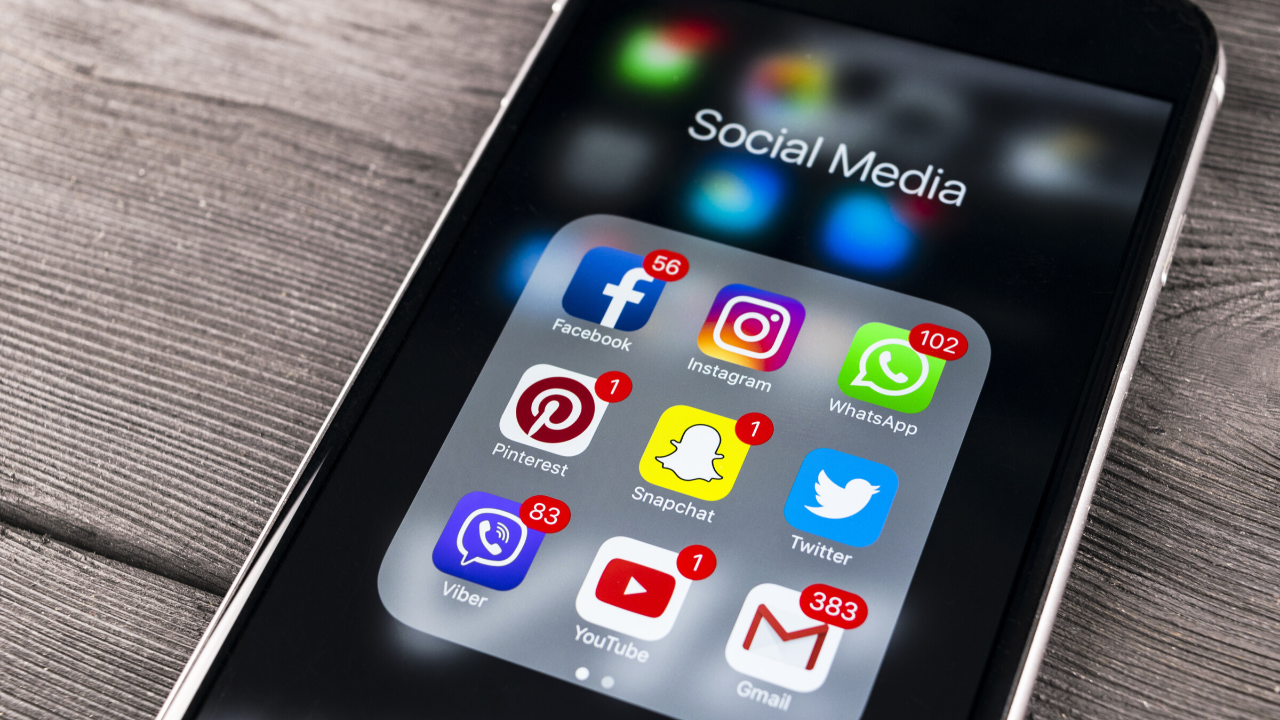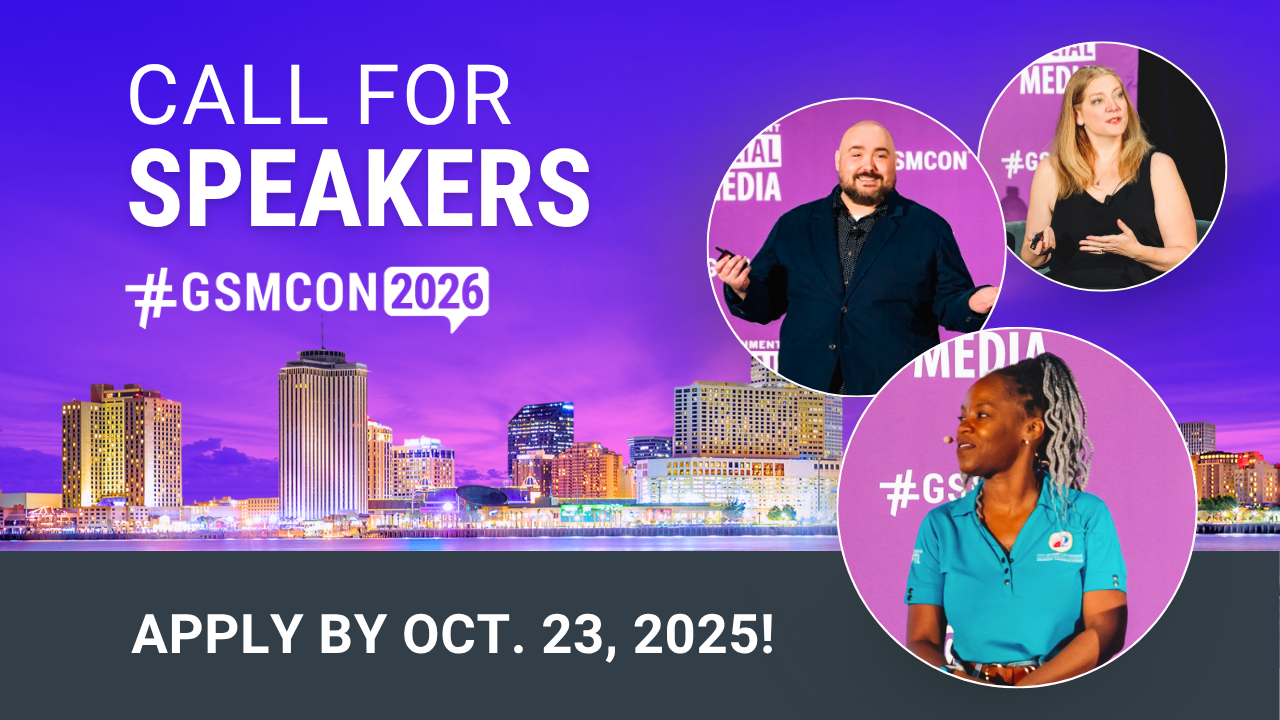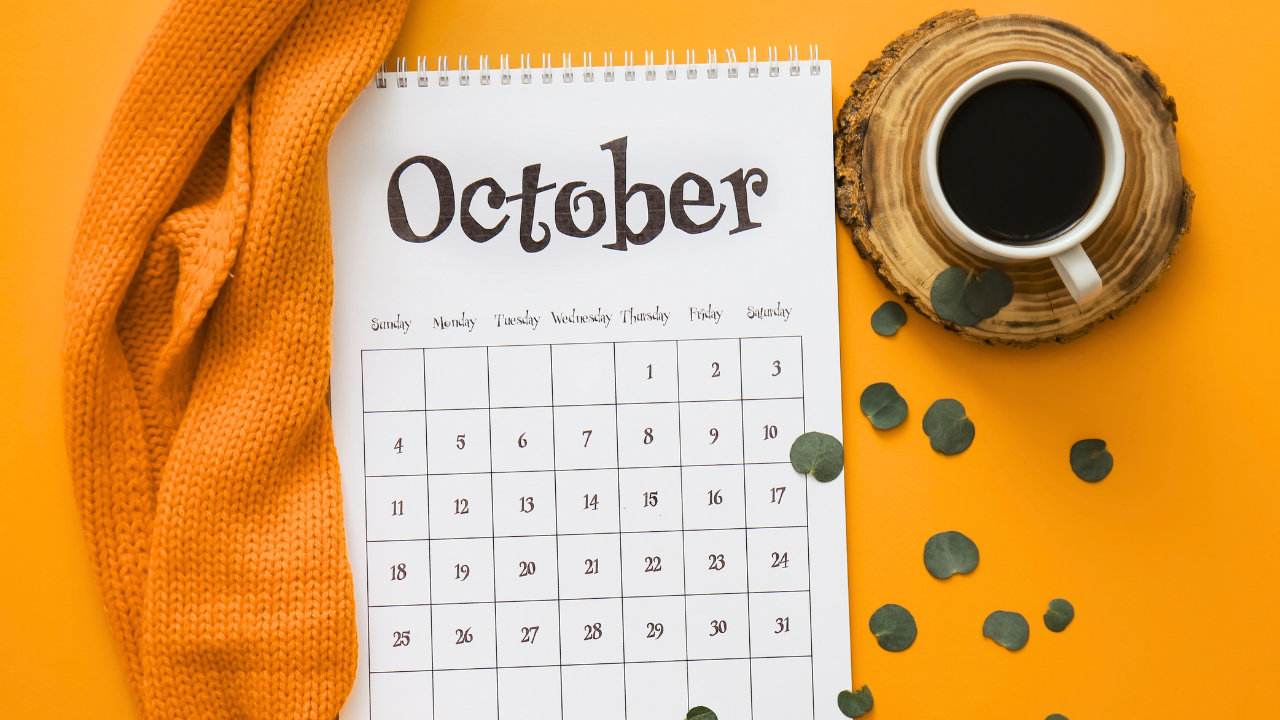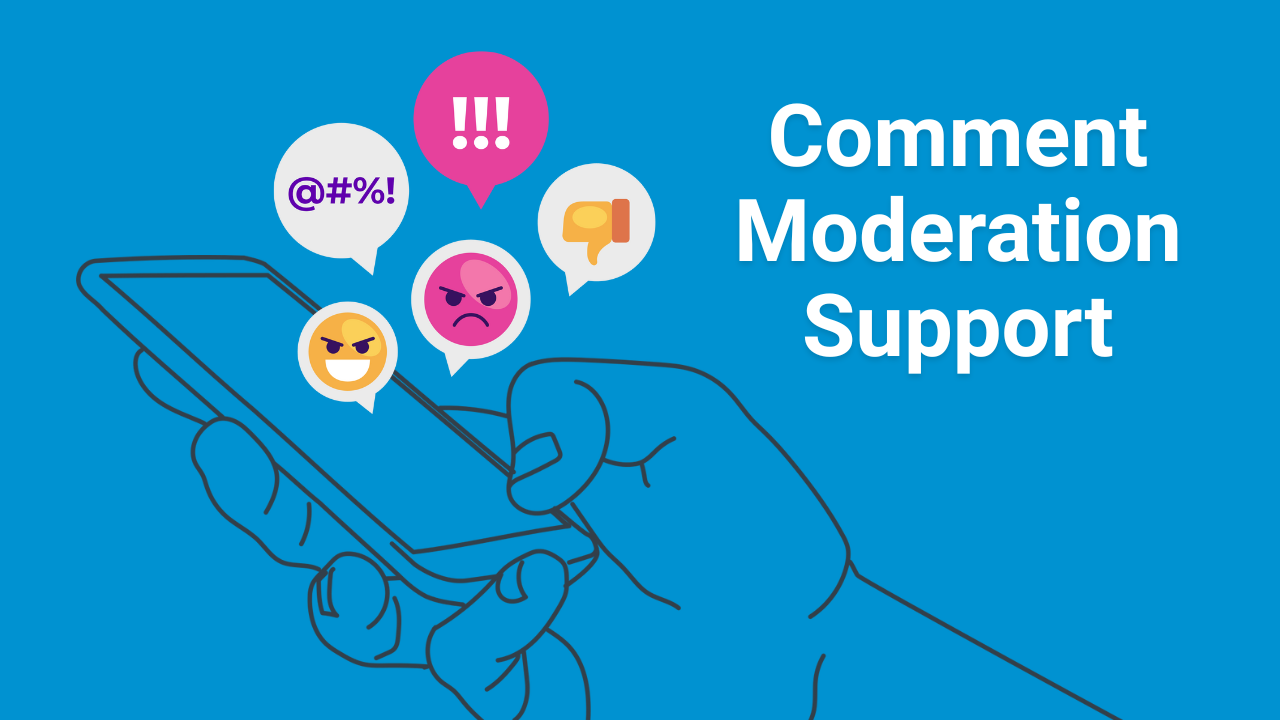
What Police Departments Should and Should Not Be Doing on Social Media Right Now
Jun 03, 2020
Contributed blog by Yael Bar-tur, Social Media Consultant
I don’t know one police officer who isn’t filled with a combination of rage, disappointment and embarrassment after watching the video of the death of George Floyd in Minneapolis. Add to that the many protests and injuries to officers and civilians around the country, and it’s enough to leave even the toughest cops in a puddle of despair (trust me, I know them.)
With much of the turmoil taking place online, If you’re managing a police social media account, you’re no longer only the voice of your department, which is difficult enough. You’re now the voice of the entire profession. You may not have signed up to speak on behalf of police everywhere (hey, you may not even have signed up to run the social media for your department!) but, in a world where tweets drive public policy, police like everyone have to adjust.
The good news is, we can use social media to slowly rebuild relationships and trust within our communities. We can use it to provide information that may not only help with the healing process but also help protect civilians and officers alike. Here are some thoughts on what police can do now on social media, starting with the don’ts.
DON’T judge. Twitter will always amplify the anger and hate, but remember, it doesn’t represent reality. It’s not easy to read posts that call for killing officers or see people celebrating photos of injured cops, and it may cause you to want to disengage entirely. Remember that for the most part, these views don’t reflect the majority of your community. Just like the majority of cops, the majority of people want to heal and move forward, together. The anger is real, but we can’t dismiss the opportunity for discussion because of the extremes. We don’t like being judged by our extremes either, right?
DON’T ignore. It’s understandable that many police departments aren’t comfortable talking about Minnesota. However, ignoring it entirely is a statement as well. Gone are the days where we can pretend something didn’t happen, and even if you believe it has nothing to do with the men and women of your department, if your community sees it differently, you’re going to have to start a discussion.
DON’T be cute. No one loves a good photo of a police K9 or a dance challenge more than I do, but now is not the time. It will make you appear tone-deaf, and won’t win over a soul.
DON’T bullshit. Social media has a great bullshit filter. If any of your posts or comments come off as insincere or self-serving, people will notice. Don’t stage any moments for PR purposes (ever) and don’t speak of new policies or tactics if you don’t plan to implement them. Social media can’t fix your department, it can only reflect it. If you’re doing great things, by all means, show that reflection through the eyes of your officers. But if you’re not willing to practice what you tweet, don’t bother.
DO condemn. Ideally from a personal account such as a chief, and not in some meaningless, detached word salad. If you’re feeling emotional about what happened, don’t be afraid to share it. Sincere, raw statements delivered straight to the public are authentic and show that you actually care. Press releases do not.
Regarding the tragedy in Minnesota, I have some thoughts that have been stirring with me for the week, and I feel it's time to say a few things. For those that disagree, I respect your opinion, but allow me a few words given a 28+ year career and counting. (1/9)
— Chief Doug Shoemaker (@DShoemakerGJPD) May 29, 2020
if you condemn this, do you have to condemn every police incident in the future? It’s complicated. The reason Minneapolis stirs so much emotion in the public and police is because of how clearly wrong it is. This is why you see such an outpour of statements from police officials – it’s easy to see the unlawful behavior that led to tragedy, so if something like this happens again – yes, condemn it. Fortunately, this is incredibly rare. We know that most viral videos have missing details or nuances that police officers may see from a tactical standpoint that make the incident, even if tragic, a lot more complicated. As you always do, look at every incident on a case-by-case basis and never respond with a knee-jerk reaction. We don’t have the luxury of posting opinions without judging the entirety of the situation.
It’s hard to put into words the anger, sadness, and frustration I have as a law enforcement professional regarding what I have witnessed in Minneapolis...(1/5) https://t.co/LJc9RfZAR9
— Deputy Chief Chris Hsiung (@chMtnViewPD) May 29, 2020
DO talk about what you do. Many departments have policies in place to prevent what happened in Minnesota. From tactics to bias training, a lot of good work is being done throughout the country, and it’s important that people are aware of it. Transparency is key, and people want to know how their department is equipped to prevent future tragedies.
We've gotten a lot of questions about our policies & training. We've tried to compile the them into FAQs: https://t.co/2MXtAqhXEA. Thank you for your interest & trying to understand why we do what we do. We live here, too, so we are deeply committed to serving and protecting KC. pic.twitter.com/bcWxuoGiGe
— kcpolice (@kcpolice) May 29, 2020
DO share good moments. Social media amplifies the negative, but the positive is out there. Don’t toot your own horn and post things like “look how great our officers are” which can come off as insincere, but rather share good interactions if others capture them, like this raw video of the Atlanta Police Chief among the protestors, having an honest discussion that undoubtedly left both sides feeling a little bit better about the future.
The Atlanta Cheif of police, Erika Shields, went to the #BlackLivesMatter protest downtown, and communicated with the citizens she serves.
— James Dimas (@JamesDimasWKYZ) June 1, 2020
So much respect for her coming out and talking to them. It shows so much courage. #GeorgeFloyd #protests2020 #blm #GeorgeFloydProtests pic.twitter.com/kyVdTS2IPe
DO get more opinions – it’s a minefield. Before every step, hand the phone over to someone else to take a look. Not just for typos but for sentiment and tone. Get some opinions from people outside your office that may have a different perspective, to make sure what you want to say is useful and appropriate.
DO communicate vital information. While maybe not the most exciting, people want information that’s useful. Closed roads, march starting times, anything that can help guide people who are affected as well as clearly set the limits for anyone trying to take advantage of the situation by using violence. If you make arrests because of public safety issues, stand behind those, but communicate them clearly, otherwise they will be communicated for you by others.
We have declared an unlawful assembly throughout Downtown LA.
— LAPD HQ (@LAPDHQ) May 30, 2020
From the 10 Fwy to the 101 & the 110 Fwy to Alameda—This is being made following repeated acts of violence & property damage. Residents should stay inside—Business should close—Those on the street are to leave the area
Yael Bar tur is a NYC-based social media consultant and the former Director of Social Media for the New York City Police Department. She has over 15 years of experience in military, government and non-profit communications, and she recently launched a social media consulting service focusing on public sector clients. You can keep up with her on Twitter, LinkedIn, or on her website.
We support the largest network of government social media professionals in the U.S. by guiding government agencies through complex social media issues. Government Social Media helps you successfully communicate with the public you serve, protect your agency and keep public trust while finding your support community.
Interested in submitting a blog for your socialgov community? Reach out to Sarah at sarah@governmentsocialmedia.com with your topic idea!
Government Social Media® empowers government professionals to achieve mastery in social media through conferences, online training, and association membership. Best communicate with the public you serve and get connected with fellow socialgovs by registering for the 2026 Government Social Media Conference happening in New Orleans, LA and virtually from wherever you are! Join the free GSM Network for text-only chats on socialgov topics or access the Government Social Media Association (GSMA) for regional virtual meetups and educational webinars.









